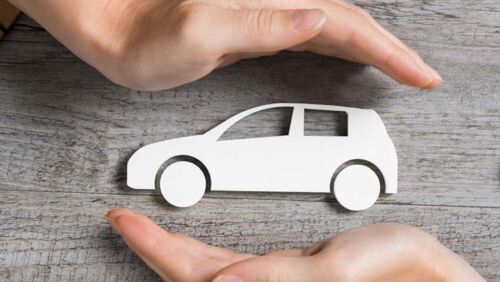ASX darling ARB on track despite industry headwinds
By Chris Batchelor
New car sales have been in steady decline for the last 22 months and fell 12.5% in January compared with the same month last year.
On Monday Holden succumbed to the pressure and announced they were pulling up stumps in Australia. On Tuesday, ARB, the maker of 4x4 accessories announced their interim results for the six months to December 2019.
As a producer of motor vehicle accessories, they are not immune to the trend, however a few things have been working in their favour.
Firstly, their customers drive SUVs and utes. Those two segments now account for two thirds of all new vehicles sold in Australia. Over 2019 SUV sales fell 2.4% and light commercial vehicles (utes) fell 5.2%, as opposed to passenger vehicles which fell 16.5%. The two top selling vehicles in Australia are utes, as is number five.
Secondly, it is a very well-run business. Sales continued to grow at a respectable pace of 7.3% driven by a very strong performance in exports which surged 21.9%. Exports to places like the Middle East, US and Thailand now represent 31% of sales.
Despite the strength in sales, profits fell 7.4% as had been foreshadowed. The main issue was the strength of the Thai baht relative to the Aussie dollar.
A range of ARB products are manufactured in ARB's Thailand manufacturing facilities so the strong currency pushed up costs. The currency impact will need to be managed but is not necessarily permanent.
The resilience of sales in a depressed market is a source of confidence. The business also continues to expand with a recent acquisition of a ute canopy manufacturer in New Zealand.
A deal with Ford has also been announced to produce winch-ready bull bars for their new line of Ranger pickup trucks in North America which will boost the Original equipment manufacturers segment.
Cash flow is very strong and has been for a long time. Investment in equipment and expansion is funded through cash as are dividends. There have been no significant debt or equity capital raisings for over 10 years. As a quality business, it ticks all the boxes.
But, a great business is not always a great investment. It comes down to how much should you pay for it.
While they have grown exponentially since their listing in 1988, that growth has started to taper off as the markets they service are quite mature and they are already one of the leading players.
Over the last 10 years return on equity has declined from above 30 to around 15. While they will probably continue to grow steadily, double digit growth in revenue and profits will be difficult to attain.
While a valuation premium based on the quality of the business is deserved, the current price also reflects a growth premium. At a forward PE of 27 it is still expensive despite trading around 18% below the highs hit in the middle of 2018.
It remains a great business, irrespective of the short term setbacks, but perhaps not quite as great as the current price suggests.
Disclaimer: The author's related parties have holdings in ARB
Get stories like this in our newsletters.



